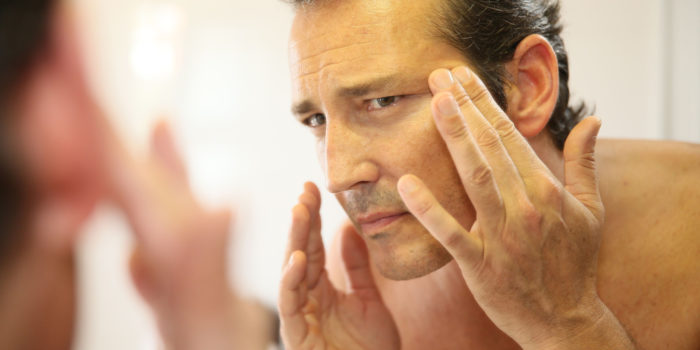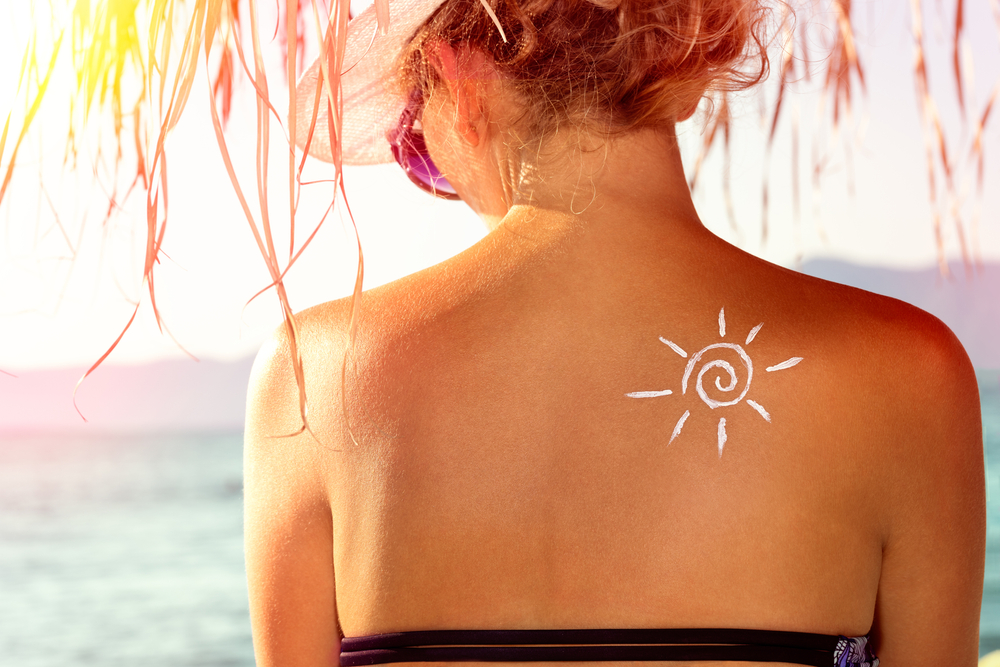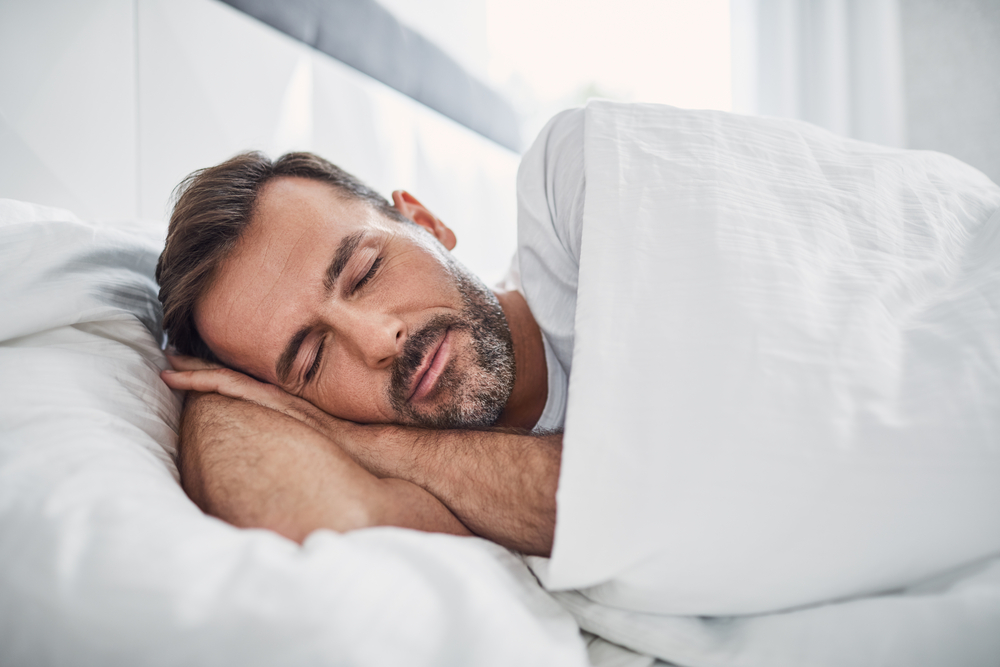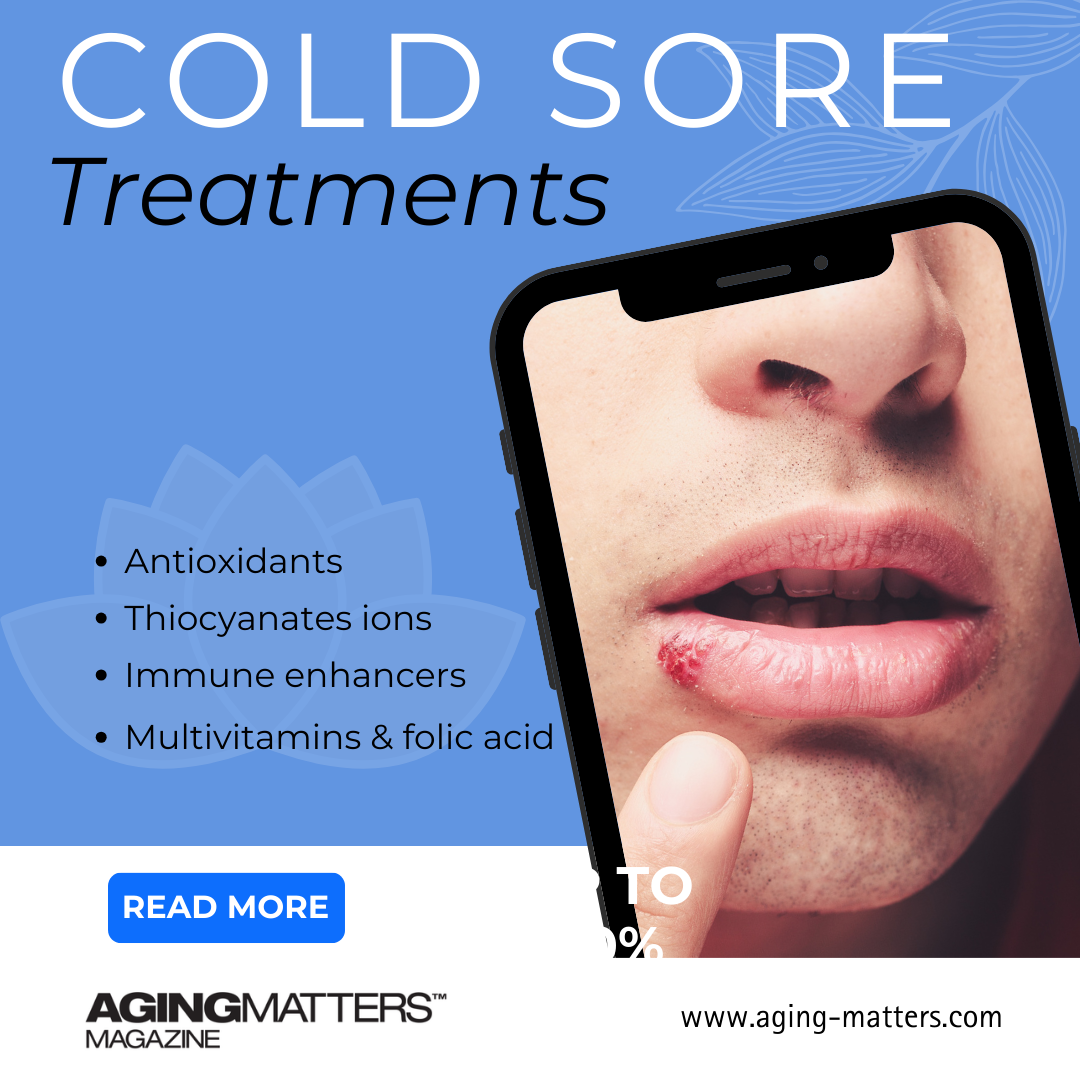
Saving face – accelerating ageing skin
February 7th, 2024Our face changes as we age, skin ageing is the most obvious sign and several factors contribute to it. There are two types of skin ageing categories intrinsic and extrinsic. One category we have no control over and the other is the result of our lifestyle choices.
The state of ageing skin isn’t based solely on chronological age – visually, some people age quicker than others
The intrinsic factor – we can’t control, it combines genetics and inevitable degenerative effects of oxidative stress, free radicals, hormonal shifts and the body’s inability to repair itself so efficiently when we are old. Oxidative stress causes inflammation in the body, damaging our DNA and robbing us of supple, fresh-looking skin and causing changes in skin pigmentation. In both intrinsic and extrinsic, excessive inflammation is linked to diseases and health conditions and is the catalyst for visible ageing skin.
The personal and environmental factors that we choose dramatically influence our skin as we age
The extrinsic factors of ageing skin include our choices of diet, cooking methods, exercise, posture, medication, sleep, skincare, exposure to toxins, pollution and stress. Some things that are detrimental to our skin are impossible to escape, but considerations, precautions, proactive preventative measures, changes, adjustments and corrections can help to heal or slow down premature ageing of the skin caused by our environment. The choices we make and how we care for our bodies can define our faces.
You wear what you eat on your face
Eating a diet consisting of junk food is damaging to your body inside and out. Junk food can contain high sugar and salt levels, unhealthy fats, processed ingredients and preservatives. The lack of essential nutrients and antioxidants in junk food can exacerbate skin conditions. It can deprive the skin of vital elements to maintain its health and elasticity. A bad diet can lead to oxidative stress which contributes to the loss of collagen and elastin causing the skin to look dull, dry and less resilient. Cooking methods can also produce damaging free radicals, methods such as frying food at high temperatures or cooking for long periods.
What you drink and how you drink it affects the skin on your face
Alcohol depletes Vitamin A and collagen levels in the body causing premature wrinkles. It is also a diuretic, dehydrating the skin and leaving it dull and dry. Caffeine is a diuretic that robs your skin of hydration, stopping the skin from being so soft and supple. Sugary drinks can cause the cross-linking of collagen resulting in stiffening and loss of elasticity of the skin. A study has revealed that using a straw to drink with, can encourage the development of fine lines and wrinkles around the lips.
Drugs and smoking play havoc on your skin
Drug use, such as taking amphetamines ages you, it damages the skin at a cellular level. Some medications such as the diabetic drug Ozempic and Mounjaro can encourage facial ageing. If you are concerned about medication affecting your skin, it is vital to discuss this with your doctor before you consider adjusting any medication that you take. Smoking reduces the amount of blood flowing to the skin by constricting the blood vessels near the skin’s surface, depleting the skin of oxygen and essential nutrients. Smokers often develop a ‘smoker’s face’, where the skin has an orange/purple discolouration and deep wrinkles are formed.
Where you live, work, rest and play can take a toll on your face
Pollution is harmful to the skin and leads to premature ageing. You are exposed to pollution outdoors and indoors. Major air pollutants are ultraviolet radiation (UVR), polycyclic aromatic hydrocarbons (PAHs), nitrogen oxides, particulate matter (PM) and cigarette smoke. Aircraft and refrigerant gases, exhaust fumes, diesel fumes and chemicals from the production of plastics, dyes and pesticides are responsible for major pollution. Indoors, wood-burning fires, some cleaning or decorating products and some plants are also considered detrimental to a person’s skin. Pollution causes oxidative stress and the skin can get irritated, dried out and wrinkled.
Premature wrinkles can also develop if you fail to replace the water in your body due to the drying effects of air conditioning.
The sun’s rays damage the skin even if sunburn isn’t experienced. Long-term consequences of exposure to the sun develop over time resulting in photoaging, otherwise known as photo damage, solar damage or sun damage. It is due to UVA, UVB and UVC light from solar radiation. Overexposure causes burning skin, wrinkling, skin pigmentation changes, loss of skin tone, rough uneven skin texture, redness or blotchiness. All other weather elements like wind, rain or snow can also cause damage to the skin when it is overexposed.
Sunbeds, sun lamps and tanning booths give out the same type of harmful radiation as sunlight making the skin look coarse, leathery and wrinkled.
There have been conflicting studies, some experts believe that over-exercising and high-impact exercises such as running might be responsible for premature ageing in the face. Research explains that the skin damage caused by running or high-impact exercise is due to the constant up and down motion causing the skin to be pulled from the underlying muscles and bones. It is suggested that it can result in sunken cheeks, deepening wrinkles and under-eye hollows, otherwise known as ‘gym face’.
Inactivity and slouching can cause muscle fatigue or tension in the face too.
Facial expressions can also increase wrinkles such as too much smiling, laughing or frowning. Neglecting your teeth and gums can have an impact on the face.
Sleep impacts the skin, it weakens it and reduces its ability to heal quickly. A major component of the skin is collagen. Sleep deprivation affects the production of collagen; it breaks down the barrier and mucus membranes. It causes a loss of elasticity, visually the skin looks less glossy and less transparent and the eyelids start to hang.
Some skincare products are loaded with irritants that can cause premature ageing. They can cause more free radical formation and oxidative stress. Fragrances, preservatives, exfoliants and formaldehyde damage the skin. They can strip back the skin causing inflammation and unbalanced skin. Not all skin conditions are the same, some moisturisers, makeup or cleansers can do more damage than good.
We recommend our product called Youth Gems. Use the day and night cream and the body milk and serum as part of your daily skincare regime.
Stress can cause premature skin ageing. When stressed the body produces a hormone called cortisol, cortisol breaks down collagen. When the levels of cortisol increase, collagen levels decrease. ‘Stress wrinkles’ form as lines or creases by the eyebrows and bridge of the nose. People exposed to chronic stress age rapidly.
There is a wide selection of treatments available to help slow down the rate at which your face is ageing:
- Dermatology grade facials – deep pore cleansing
- Facials – massage and stimulation
- Laser chemical peels – removal of the outer layer of the skin
- Facial contouring – including, facial implants, facial liposuction, facial fat grafting, lip contouring, chin augmentation, cheek augmentation or neck or brow lifts
- Botox injections – to relax the muscles in the face and smooth out lines
- Micro-focused ultrasound – a treatment to stimulate the production of collagen and elastin
- PRP needling – lifts, tightens and rejuvenates the skin
- Photodynamic therapy – a light source is used to destroy abnormal skin cells
- Topical medication
- Cryotherapy – cold temperature treatments
There is a wide selection of things that you can buy to help slow down the rate at which your face is ageing:
- Face rollers – a facial massage tool
- Gua Sha stone – a facial massage tool
- Derma roller – micro needle technology tool
- Electric facial massager
- Sonic eye massager
- Eye gel patches
- Collagen masks
- Lymphatic draining tool
- Light therapy mask
- Contour massager
- Serums
- Eye defining cream
- Ice roller
- Lip serum
- Lip line filler
- Lip gel patches
- Jaw exerciser
- Shape face tape
- Chin reducer strap
- Beauty sleep pillow
Here are our top tips for saving face:
- Be aware of what you might be lacking in your diet
- Read labels on foods, know exactly what you’re eating
- Eat a highly nutritious diet
- Eat foods that are known to encourage a healthy and glowing complexion. Foods such as fatty fish, avocados, walnuts, sunflower seeds, carrots or soybeans
- Avoid extreme dieting regimes
- Eat more raw fruit and veg
- Take supplements including vitamins and minerals
- Eat less sugar, salt and unhealthy fats
- Eat less processed foods with preservatives and additives
- Cook with healthy oils such as olive or coconut oil
- Don’t cook food on high heat for a long period
- Drink lots of water
- Drink juices that are known to encourage healthy-looking skin such as carrot, orange, papaya, beetroot or spinach
- Limit sugary and caffeinated drinks
- Try herbal teas
- Reduce alcohol consumption
- Limit the use of straws
- Take environmental steps
- Avoid highly polluted areas
- Keep car windows closed if you are sitting in traffic
- Have good ventilation when using cleaning or decorating products indoors
- Don’t mix chemicals when cleaning
- Use eco-friendly products
- Where a mask or goggles to reduce the effects of inhaling pollution
- Wash and cleanse the skin after being exposed to pollution
- Don’t burn wood as fuel in an unventilated room
- Don’t burn garbage
- Don’t stay in the sun too long
- Keep out of the midday sun
- Wear sunscreen
- Wear sunglasses
- Use a sun umbrella
- Wear a type of protective hat
- Don’t go on sunbeds
- Stay hydrated when in an airconditioned environment
- Don’t do too much high-impact exercise
- Limit extreme exercise
- Walk every day and get fresh air
- Have good posture. Sit properly in your chair and don’t roll your shoulders when standing
- Try not to keep looking down at your phone
- Be happy, smile, laugh and express yourself in your face but don’t overdo it
- Go for regular dental checkups
- Have a good sleep schedule
- Create a nice sleeping environment
- Try to sleep on your back
- Try not to sleep on your stomach or side, this can encourage sleep wrinkles on the face
- Don’t stay up too late
- Seek help for any sleeping issues such as insomnia
- Don’t scrub your face aggressively
- Cleanse, tone and moisturise
- Use makeup remover
- Try not to pick spots
- Don’t forget to massage your face
- Don’t use harsh bleaches on the skin
- Don’t dry out the skin with treatments
- Don’t strain your eyes
- Don’t wear too much makeup
- Don’t go to bed without taking your makeup off
- Find the right skin products to suit your skin
- Do a full skincare routine every day
- Reduce stress levels
- Create a stress management strategy
- Try meditation, yoga, pilates, tai chi or reiki
- Do breathing exercises
- Rest when needed
- Make time to relax
If you want to keep saving face and slow down premature ageing, stay up to date with the latest developments in skincare. We have a wide range of articles with information on how to help slow down the ageing process and you can follow us on social media to find out about our latest news.
References
- https://ash.org.uk/resources/view/how-smoking-affects-the-way-you-look#:~:text=Smoking%20also%20reduces%20the%20amount,essential%20nutrients%20transported%20in%20blood.&text=Together%2C%20these%20changes%20add%20up,as%20a%20%E2%80%9Csmoker’s%20face.%E2%80%9D
- https://www.ncbi.nlm.nih.gov/pmc/articles/PMC9320051/#:~:text=ROS%20generation%2C%20induced%20by%20exposure,by%20degrading%20collagen%20and%20elastin.
- https://www.webmd.com/skin-problems-and-treatments/cleaning-tips
- https://www.icliniq.com/articles/skin-care/air-pollution-and-skin-aging
- https://www.google.com/search?q=can+air+conditioning+cause+wrinkles&rlz=1CAXGJJ_enGB1039&oq=can+air+conditioning+cause+wrinkles&gs_lcrp=EgZjaHJvbWUyBggAEEUYOTIICAEQABgWGB4yDQgCEAAYhgMYgAQYigXSAQkxMjM0OGowajeoAgCwAgA&sourceid=chrome&ie=UTF-8
- https://www.yalemedicine.org/conditions/sun-damage#:~:text=include%20the%20following%3A-,Wrinkling,Rough%2C%20uneven%20skin%20texture
- https://www.nhs.uk/common-health-questions/lifestyle/are-sunbeds-safe/#:~:text=UV%20rays%20from%20sunbeds,sunlight%20and%20burn%20your%20skin.
- https://www.openaccessgovernment.org/the-effects-of-sleep-deprivation-on-your-skin/110335/#:~:text=The%20major%20component%20of%20skin,also%20lowers%20the%20immune%20response.
- https://www.unitypoint.org/news-and-articles/the-link-between-sugar-and-aging
- https://wellnessretreatrecovery.com/amphetamines-accelerate-aging-process/#:~:text=Research%20Shows%20that%20Amphetamines%20Accelerate%20the%20Aging%20Process&text=Amphetamines%20are%20a%20class%20of,such%20as%20ADD%20or%20ADHD.
- https://www.ncbi.nlm.nih.gov/pmc/articles/PMC8221348/
- https://fherehab.com/learning/drug-use-aging
- https://www.betterhealth.vic.gov.au/health/conditionsandtreatments/posture
- https://www.deseret.com/23727087/straw-wrinkles-mouth#:~:text=According%20to%20Allure%2C%20drinking%20out,appearance%20of%20perioral%20wrinkles%20earlier.%E2%80%9D
- https://www.mirror.co.uk/news/health/pulling-faces-watching-your-favourite-20395942
- https://www.healthline.com/health/food-nutrition/food-cause-wrinkles#fries
- https://pubmed.ncbi.nlm.nih.gov/32645916/#:~:text=Abstract,for%20the%20phenomenon%20of%20inflammaging.
- https://www.skinceuticals.co.uk/en_GB/what-is-intrinsic-ageing.html







